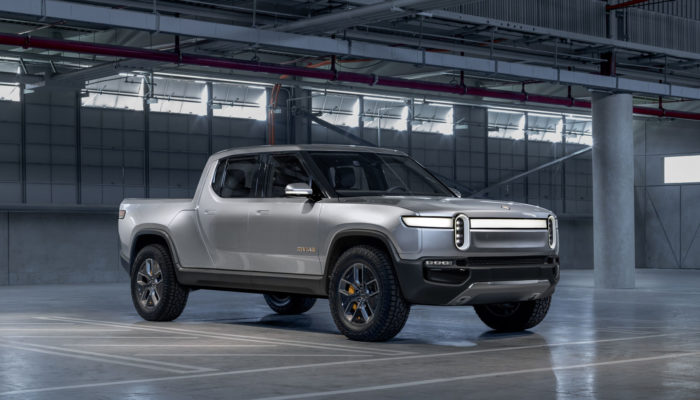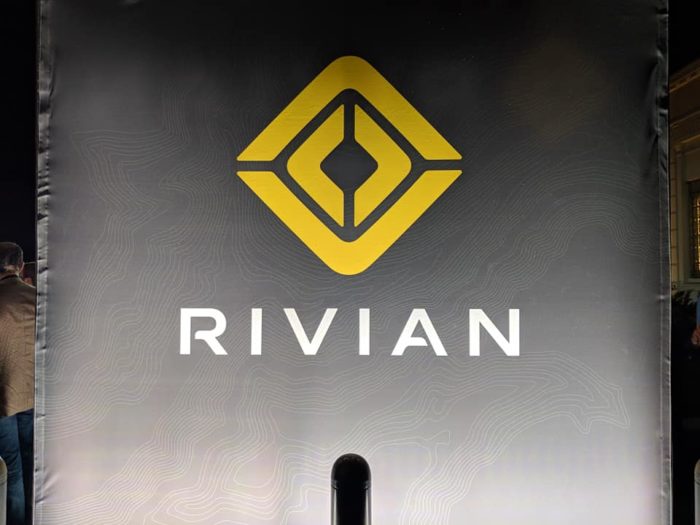Now Reading: Ford and Google will collaborate in offering cloud-based data services
-
01
Ford and Google will collaborate in offering cloud-based data services
Ford and Google will collaborate in offering cloud-based data services

Ford Motor will tap into software, artificial intelligence, and cloud computing offered by Alphabet Inc’s Google to develop new consumer services and modernize internal operations, the companies said on Monday.
As part of a six-year partnership, the automaker will incorporate the tech giant’s Android operating system into its Ford and Lincoln vehicles by 2023.
Ford will provide its customers built-in Google apps, consisting of its map and voice technology. It will deploy Google artificial intelligence technology for improving the efficiency of vehicle development, supply chain and manufacturing operations, the companies said.
The companies will also establish a group, Team Upshift, to find out uses of data to develop new retail, form new ownership offers and other services for Ford customers.
Ford customer data will not be provided over to Google or Google advertisers, Ford vice president for strategy, David McClelland, said during a conference call.
The automaker will keep using other cloud service providers and work together with other tech companies such as Amazon.com, he said.
“Will Ford be like Foxconn? No. Absolutely not,” McClelland said, alluding to concerns among some auto sector executives that automakers would be relegated to low-margin hardware assembly, like iPhone assembler Foxconn, in any deal with a technology industry power.
McClelland and Google Cloud chief Thomas Kurian did not reveal details of the commercial terms of the agreement.
The Google-Ford partnership reflects increasing pressure on automakers to speed up software and data-enabled services that can bring revenue or cut costs.
Ford, like its established competitors, has observed electric automaker Tesla Inc become the world’s most valuable automaker by far, in part because investors observe Tesla as far ahead when it comes to the software and data management needed for connected and electric cars.
Last year, Amazon.com Inc joined hands with Toyota Motor to help manage and monetize data collected from the automaker’s global vehicle fleet, while Volkswagen AG in 2019 struck a deal with Microsoft to work together on cloud computing in China and the United States.
Stay Informed With the Latest & Most Important News
Previous Post
Next Post
-
 01Polestar Boss Says It’s Time To Outrun BMW M And Mercedes-AMG
01Polestar Boss Says It’s Time To Outrun BMW M And Mercedes-AMG -
 02Spy Shots: 2027 Mitsubishi Pajero Spotted in Testing Ahead of Possible U.S. Return
02Spy Shots: 2027 Mitsubishi Pajero Spotted in Testing Ahead of Possible U.S. Return -
 032026 Toyota Hilux EV: A Powerful Truck with Silent Torque
032026 Toyota Hilux EV: A Powerful Truck with Silent Torque -
 04Spy Photos: VW ID. Polo GTI Goes Electric with 223 HP and 280 Miles of Range
04Spy Photos: VW ID. Polo GTI Goes Electric with 223 HP and 280 Miles of Range -
![2027 Mercedes-Benz S-Class Debuts with V8 Engine [Photo Gallery]](https://speedlux.com/wp-content/uploads/2026/01/2027-Mercedes-Benz-S-Class-33-155x125.jpg) 052027 Mercedes-Benz S-Class Debuts with V8 Engine [Photo Gallery]
052027 Mercedes-Benz S-Class Debuts with V8 Engine [Photo Gallery] -
 06The Controversial Ford Voodoo V8 That Was Killed Off Too Early
06The Controversial Ford Voodoo V8 That Was Killed Off Too Early -
 07Hyundai Palisade’s Breakout Year Shows How Quickly the Market Can Turn
07Hyundai Palisade’s Breakout Year Shows How Quickly the Market Can Turn



![2027 Mercedes-Benz S-Class Debuts with V8 Engine [Photo Gallery]](https://speedlux.com/wp-content/uploads/2026/01/2027-Mercedes-Benz-S-Class-33-700x394.jpg)










































